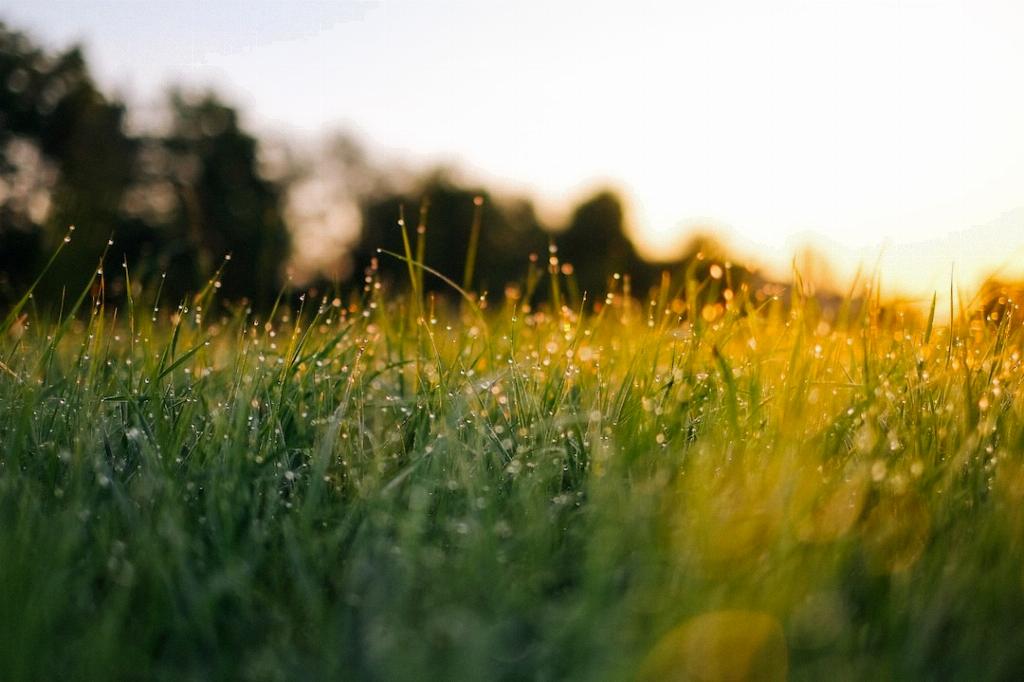Knowing when to stop mowing your lawn can be a bit of a guessing game, as it largely depends on the growth of your grass and the weather conditions in your area. However, there are a few general guidelines you can follow to determine the right time to put away the lawn mower for the season.
Assess Grass Growth
The most crucial factor in determining when to stop mowing your lawn is the growth of the grass. As the temperatures drop in the fall, grass growth typically slows down. You’ll notice that you won’t need to mow your lawn as frequently as you did during the peak growing season in the summer.
Leaf Cover on the Lawn
Another thing to consider is the amount of leaf cover on your lawn. Leaves can block sunlight and inhibit grass growth, so it’s important to keep them mulched or removed from the lawn. You may find yourself running the mower to mulch leaves well into December, depending on your individual circumstances.
Early Snowfall
If you experience an early snowfall that doesn’t stick around, it doesn’t necessarily mean it’s time to stop mowing your lawn. Keep an eye on the grass growth and leaf cover to determine when it’s truly time to give your lawn a break from the mower.
Consider Your Grass Type
The type of grass you have in your lawn can also impact when you should stop mowing. Cool-season grasses, such as fescue or bluegrass, tend to keep growing later into the year compared to warm-season grasses like Bermuda grass. Understand your grass type’s growth patterns to make an informed decision.
Don’t Stop Too Early
While it may be tempting to pack away the mower at the first sign of cooler weather, stopping mowing too early can leave your lawn vulnerable to disease and pest infestations. Make sure to keep an eye on your lawn’s condition and only stop mowing when it’s truly necessary.
Optimal Mowing Height
As you approach the end of the mowing season, gradually raise the mowing height of your mower blade. Taller grass can help protect the roots during the winter months and promote a healthy lawn come spring.
Consider Fall Fertilization
Before you stop mowing your lawn for the season, consider applying a fall fertilizer. This can help your grass strengthen its roots and prepare for the winter ahead. Be sure to follow the recommended application rates for your specific grass type.
Keep Your Lawn Clean
Once you’ve stopped mowing your lawn for the season, make sure to keep it clean of debris like fallen leaves and branches. Cluttered lawns can create breeding grounds for pests and diseases, impacting the health of your grass.
Prepare Your Equipment for Winter
Before you store your lawn mower for the season, take the time to properly winterize it. This includes draining any remaining fuel, cleaning the mower deck, and ensuring all parts are in good working condition. Proper maintenance now can save you headaches in the spring.
Enjoy a Well-Earned Break
Once you’ve completed all the necessary steps to prepare your lawn for winter, take a step back and appreciate the hard work you’ve put into maintaining a healthy and beautiful lawn. Now is the time to relax and enjoy the fruits of your labor until the start of the next growing season.

Conclusion
In conclusion, the right time to stop mowing your lawn is when the grass growth slows down, and the leaf cover becomes manageable. Pay attention to your grass type, weather conditions, and overall lawn health to determine the optimal time to give your lawn a break from the mower. By following these guidelines and staying proactive in your lawn care routine, you can ensure a lush and vibrant lawn year after year.
